Oppenheimer: The Atomic Paradox
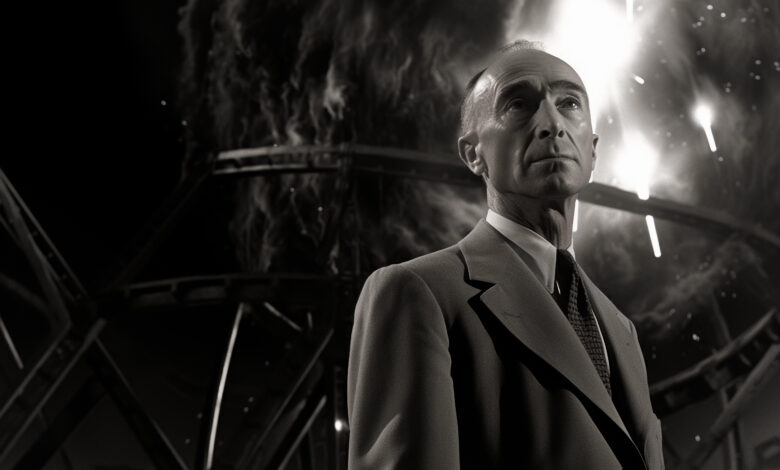
J. Robert Oppenheimer, often termed the “Father of the Atomic Bomb,” is a complex figure. Oppenheimer’s journey reveals the ethical, political, and scientific challenges of his time from the Manhattan Project’s inception to his turbulent post-war years.
Early Brilliance
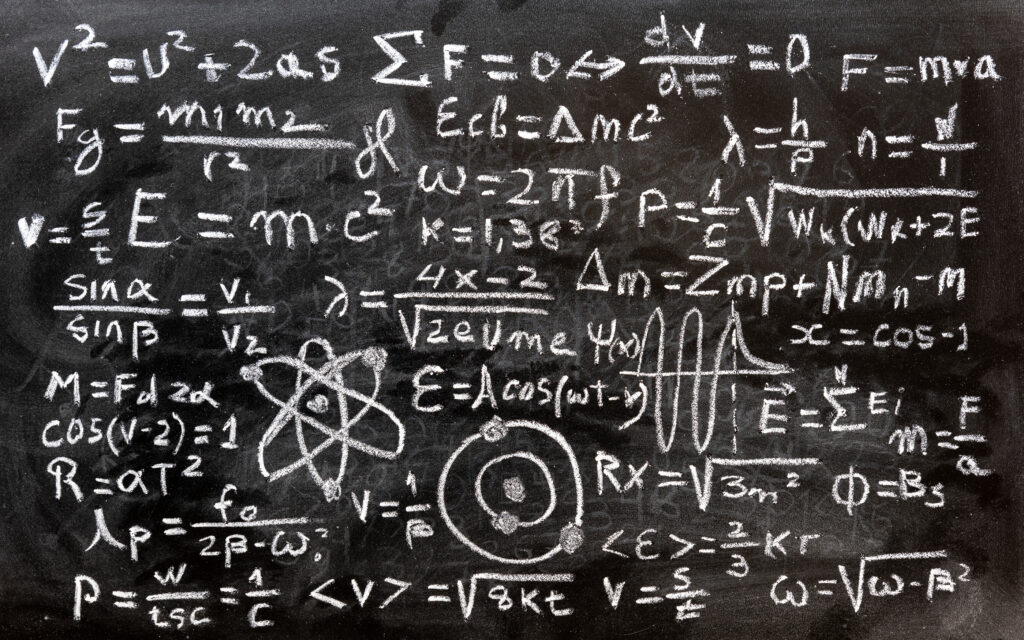
Born in 1904 in New York City, Oppenheimer exhibited an insatiable curiosity from a young age. Even in his early years, stories of his voracious reading habits and analytical prowess were abundant. When he went to Harvard, his passion for chemistry and physics was evident, paving his path to becoming a prodigious scientific figure. He excelled academically and later pursued further studies in Europe, where quantum mechanics was emerging. He refined his expertise there, surrounded by pioneering scientists, gaining insights that would later prove pivotal.
The Manhattan Project
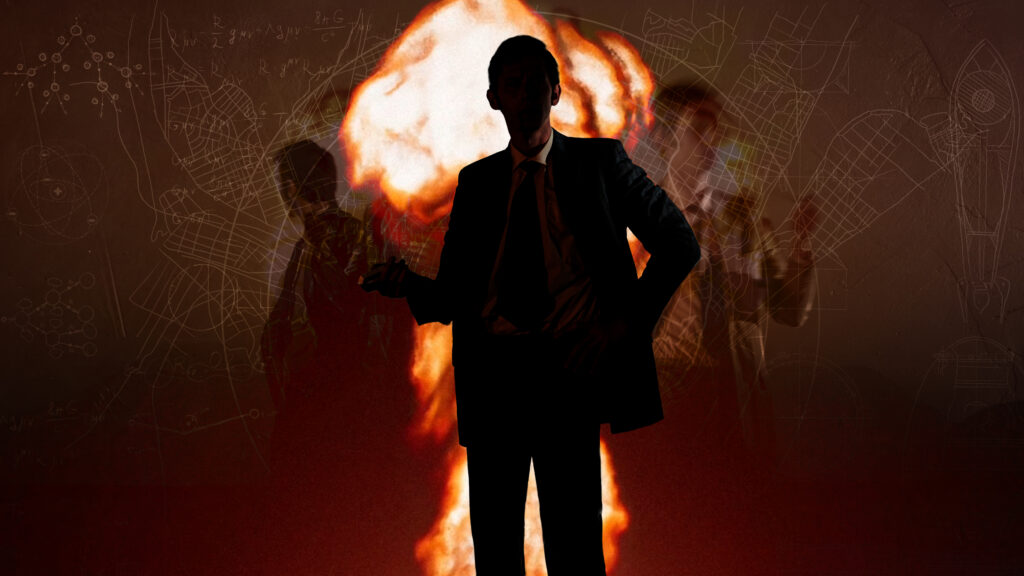
In 1942, Oppenheimer was chosen to lead the secret research project aiming to harness nuclear fission for a powerful weapon: the Manhattan Project. This covert operation was the epicenter of groundbreaking work, located in the secluded landscape of Los Alamos, New Mexico. Oppenheimer’s leadership and interdisciplinary approach were pivotal. He was not only a physicist but also a visionary, fostering collaboration among the brightest minds. Under intense pressure, he combined his knowledge with an uncanny ability to draw talent and manage a diverse team, transforming theoretical science into tangible power.
“I become Death, destroyer of worlds.”

Upon witnessing the first successful atomic bomb test in 1945, Oppenheimer quoted the Hindu scripture, the Bhagavad Gita. His choice of words captured the sheer force of the explosion but also the ethical weight of the accomplishment. This reflection of awe and terror encapsulated the profound implications of their creation. It was a moment that transcended science, touching the realms of philosophy, ethics, and spirituality, marking humanity’s entry into an age where its creations posed existential threats.
Advocacy for International Control

Post-war, Oppenheimer’s focus shifted from creation to containment. He became a fervent advocate for controlling nuclear weapons and ensuring their non-proliferation. Recognizing the explosive potential of atomic arms, he championed international cooperation to prevent misuse. While he believed in nuclear energy’s potential for peaceful purposes, he felt the military’s unregulated nuclear arsenal expansion could lead to a catastrophic arms race. For Oppenheimer, the tools he helped craft became subjects of his advocacy for peace and diplomacy.
Tensions with Teller

The post-war era brought ideological clashes. Edward Teller, a physicist with views contrasting Oppenheimer’s, emerged as a prominent figure. While Oppenheimer was cautious about further nuclear development, emphasizing diplomacy over force, Teller pushed for the hydrogen bomb’s creation. Their disagreements were not just technical but philosophical, reflecting broader debates about the role of science in the world’s evolving geopolitical landscape. This ideological rift marked the beginnings of internal divisions within the scientific community, with ramifications that extended to policy decisions.
Accusations of Communist Ties
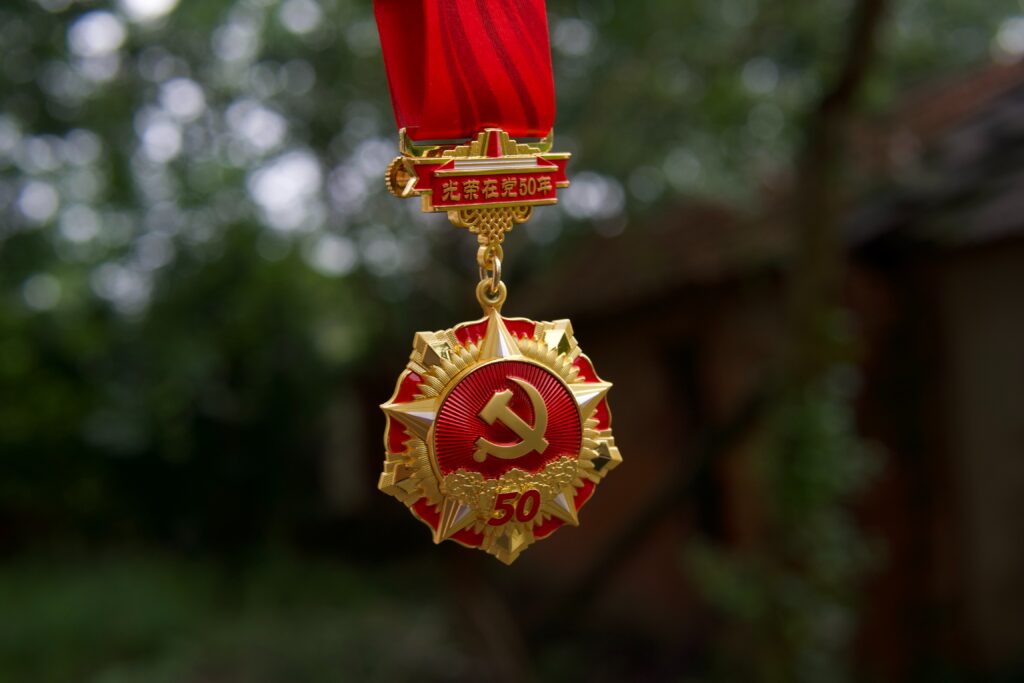
The post-war years were marred by paranoia. In the late 1940s and early ’50s, McCarthyism’s specter cast long shadows, and Oppenheimer found himself trapped in its web. He faced accusations of having communist connections, driven by past associations and his cautious stance on nuclear proliferation. These allegations, intensified by his opposition to the hydrogen bomb, culminated in his security clearance’s revocation in 1954. This episode wasn’t merely an individual’s ordeal; it mirrored the era’s climate, where fear and politics often overshadowed reason and principle.
Oppenheimer’s Legacy
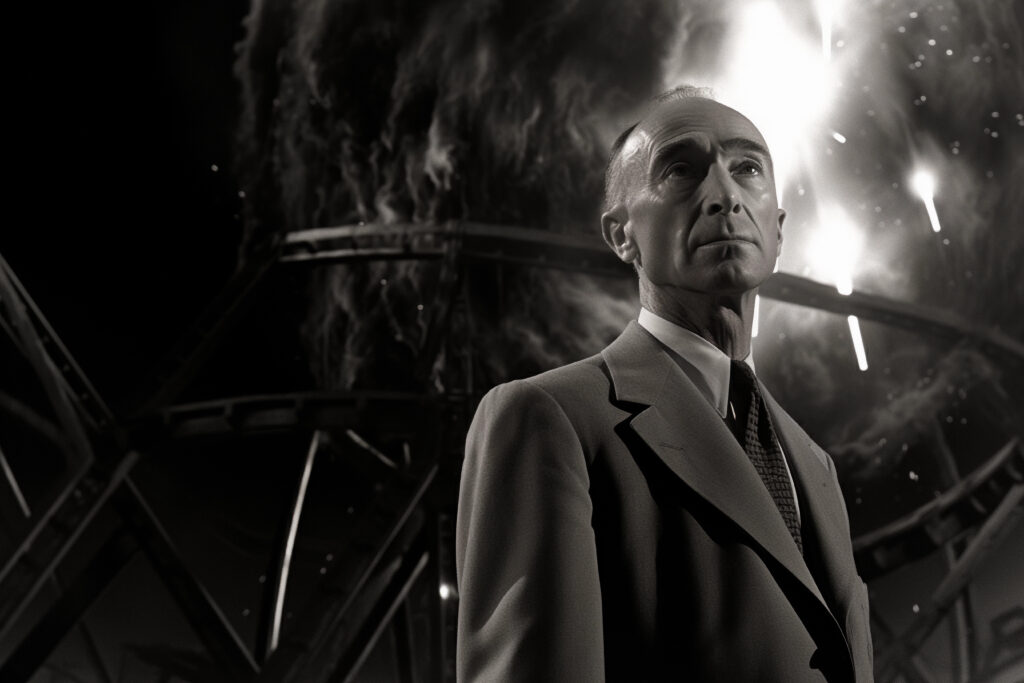
Despite controversies and political tribulations, Oppenheimer’s legacy remained formidable. His post-Manhattan Project years saw him delve into academia, where he inspired and mentored new generations of thinkers. Beyond his scientific contributions, his life became a testament to the intricate interplay between science, ethics, and politics. The moral and ethical questions he grappled with concerning nuclear weapons, the balance between power and responsibility, and the role of scientists in shaping global policy remain deeply relevant, offering lessons for the modern world.
In essence, J. Robert Oppenheimer’s story is not just about the atomic bomb’s creation but a tale of the profound responsibilities knowledge bestows. He navigated a world on the brink, striving to balance humanity’s quest for understanding with the stark realities of power and warfare.
Disclaimer
This article is for educational and informational purposes only. While HistoryReveal.com strives for accuracy, historical interpretation may vary, and readers are encouraged to consult additional sources for deeper study.